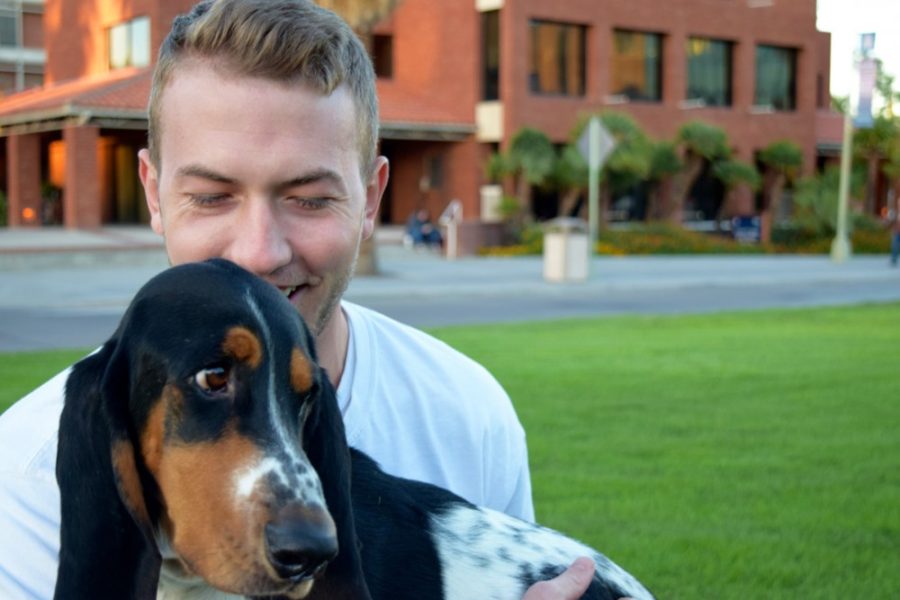Dogs are more than just man’s best friend. Researchers are looking at how the contribution of their gut bacteria might be making their owners healthier.
Dr. Charles Raison, a professor of psychiatry and CNN mental health expert, is investigating whether owning a dog provides health benefits to the owners through positive changes in their microbiota.
Throughout an individual’s life, the microbiota — or bacterial community — play an important role in maintaining health and well-being. Beneficial bacteria cover human skin and line the gastrointestinal tract, helping to digest certain foods, prevent inflammation and keep disease-causing bacteria from taking root.
There are studies that suggest kids who have dogs are less likely to get asthma or allergies, Raison said.
“We used to always think that that was because it does something to the immune system,” Raison said, “but we are recognizing that, if the dog does do something to the immune system, it actually doesn’t do it directly. It does it through the microbiome.”
Researchers think the dog is a probiotic delivery system, Raison said.
“There’s very good evidence that dogs change the microbiota of their owners and vice versa,” Raison said. “If you look at the composition of the microbiota in families, you’ll see that people share [their microbiota] as much with their dog as they do with each other.”
There are also studies that show if the composition of the microbiota in the elderly is bad, they will be more likely to become frail, lose their ability to talk and break bones, Raison said.
“Clearly, something is going on there in terms of the dog-human relationship,” said Kim Kelly, a principal research specialist in the Raison lab and program coordinator of the Human Animal Interaction Research Initiative at the UA. “We’re not sure what it is, but we know they are able to share this microbiome.”
Building on these findings, Raison and his research group seek to delve deeper into this relationship between humans, dogs and their microbiomes.
Raison and his group will provide older people with dogs and look to see if it improves their functioning, both emotionally and physically, and whether that improvement correlates with changes or improvements in the microbiota.
The Raison lab will be partnering with the Humane Society of Southern Arizona to help place dogs in need of a home with study participants, Kelly said.
Baseline measurements will be taken before participants get a dog. The researchers will take a stool sample, a cheek swab and a skin sample from the foreheads of both the people and the dogs, and blood samples from the humans. Then, they will do the measurements again after introduction of the dog, Kelly said.
Ultimately, they want to find bacteria that might be having a probiotic effect on the people, Kelly said.
Scientists are increasingly discovering that bacteria affect far more than digestive and immune processes.
“This microbiota in the gut can have powerful effects on the brain,” Raison said. “You can totally change the behavior of mice, for instance, if you just clean out their guts and transplant bacteria. If you take stool from a strain of mice that are very anxious and timid and you clean out the gut of a very brave strain of mice, and you put the timid poop in the brave mouse, it turns into a timid little guy. It totally changes its personality.”
The powerful effects on body function conferred by the microbiota is one of the hottest areas in all of medicine, Raison said.
“[We want to know if] it isn’t just that dogs are warm and fuzzy,” Kelly said. “[If] there’s something going on in that connection that biologically is actually making us healthier.”
_______________
Follow Laeth George on Twitter.









